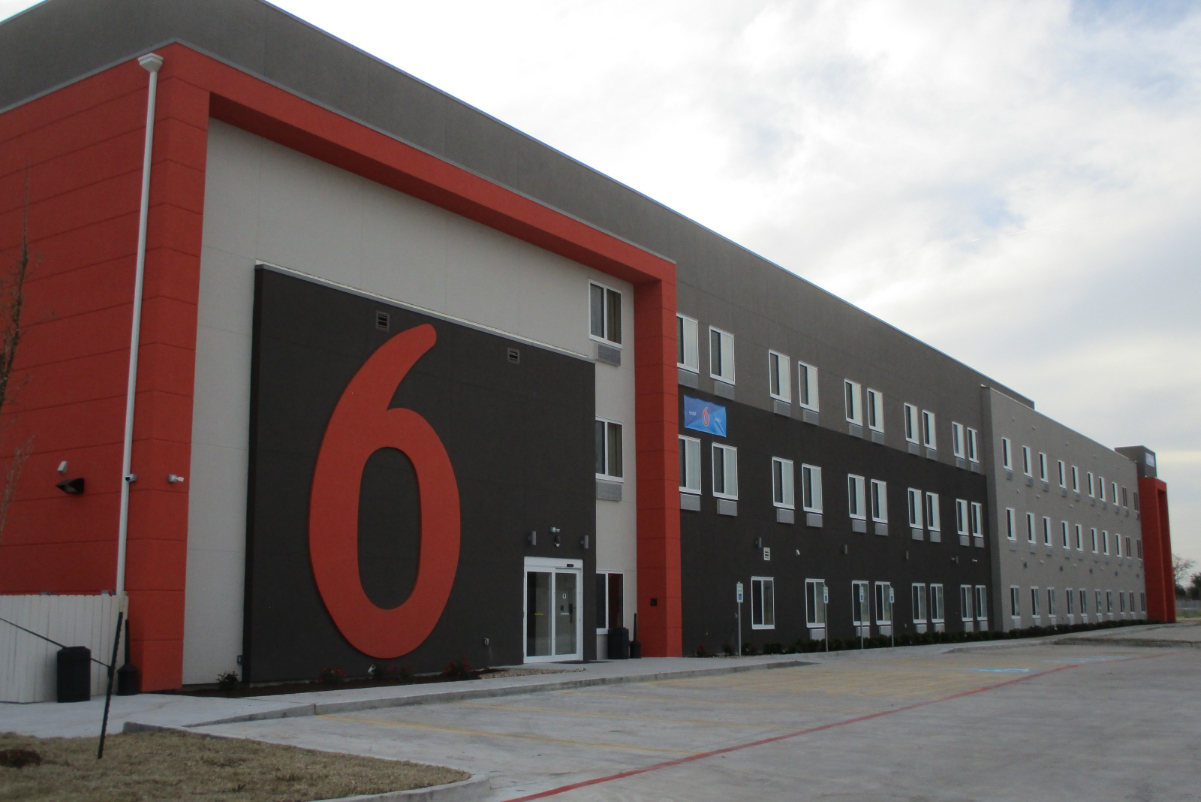High-speed passenger rail service planned for Miami to Orlando by the end of 2014
Skift Take
It’s full-speed ahead on a privately financed, $1 billion plan that will launch fast, hourly passenger rail service between downtown Miami and Orlando by 2014, Florida East Coast Industries officials said.
The All Aboard Florida project promises not just to revolutionize travel between the two cities — there will also be intermediate stops in downtown Fort Lauderdale and West Palm Beach — but to transform a long-vacant piece of downtown Miami.
FECI, the real-estate arm of the conglomerate that also owns the Florida East Coast freight-rail company, will build a new, landmark station and a potentially massive mixed-use development on nine acres of fallow land it owns just north of the Miami-Dade County Courthouse. FECI will also own and operate the new train service, All Aboard Florida executive Husein Cumber said.
The land is the site of the original train station built by Henry Flagler that gave rise to the city of Miami.
To design the stations, FECI has hired SOM, the giant, famed firm responsible for the new Freedom Tower at ground zero in Manhattan. SOM will work in collaboration with the downtown Miami firm of Zyscovich Architects. FECI expects to start construction on the stations and new tracks early next year, Cumber said.
The trains, which will be equipped with WiFi and provide a “quality” meal service, will cover the 230 miles from Miami to Orlando in three hours and three minutes, significantly faster than it takes to drive. Though fares haven’t been set, prices will be comparable both to the cost of flying and driving a car to get there, Cumber said.
Though not considered high-speed rail, the All Aboard Florida service would fill the breach left when Florida Gov. Rick Scott rejected federal funding last year for high-speed rail service linking Miami, Orlando and Tampa. Scott said the state could not afford to run the service.
After months of study, FECI concluded the new passenger service _ to be built and operated without public money _ would be not just technically feasible but also profitable, given that some 50 million people travel between Miami and Orlando every year, virtually all of them by car.
The studies found substantial “pent-up” demand for train service connecting the two, Cumber said. The service would be pitched primarily to business travelers and tourists.
“We’ve completed due diligence and everything has confirmed our excitement,” Cumber said in an interview. “This project is financially viable, and so we’re moving forward with it.”
Eventually, FECI said, the service could be extended west to Tampa and north to Jacksonville.
Cumber said the project would generate 6,000 temporary jobs and 1,000 permanent positions.
Though FECI had publicly disclosed that it was exploring the idea, the confirmation that the project had been green-lighted was made relatively quietly, at a jammed Wednesday breakfast hosted by the Beacon Council, the quasi-public business-development agency. The speed with which the company intends to launch the service surprised many in attendance and generated considerable enthusiasm, said Beacon Council CEO Frank Nero.
“It would be a very exciting development. Going back to the future, so to speak, to the very thing that made this area, the Flagler rail line, would be very dramatic,” Nero said. “Look, we’re becoming a real city. It reflects the reality of Miami and the diversification of the economy here that we have a growing, sophisticated population eager to take rail.”
The service should provide a boost to business and tourism for both Orlando and Miami, Nero said. Tourists who often now visit one city or the other, but not both, will for the first time have a direct and convenient connection between the two, while business people could jump on the train for a meeting in the morning and be back home by evening, he said.
“It’s too close to fly and too far to drive, but this is a very happy medium. It’s terrific,” Nero said. “I can see tourists who might otherwise decide only to go to Disney, who now might decide to go to Miami for a day or two as well.”
Amtrak now provides twice daily service from Miami but it can take longer than five hours to reach Orlando.
The All Aboard Florida passenger trains — 10 new diesel-powered locomotives with cars carrying 400 passengers — will use the FEC freight rail line’s existing right-of-way, which will be double-tracked, Cumber said. A new rail spur will be built from the existing line, which runs north to Jacksonville, to a new terminal at Orlando International Airport, the service’s endpoint.
With the opening of Metrorail’s new Orange Line service to Miami International Airport, the new service could also make it possible to travel from the Miami airport to Orlando’s airport, and to the city’s famed resorts and theme parks, without a private car. The FECI downtown Miami property runs along the Metrorail downtown line between the Overtown and Government Center stations.
The new station would be only a small part of an extensive new development on the property that would bring new life to the western portion of downtown Miami, Cumber said.
“Everything’s on the table. We’re looking at everything from residential to office and retail and hotel,” Cumber said, pledging that whatever the company builds will mesh with downtown Miami. “You want to make sure that what you build has a lasting impact on a community, but also fits into the fabric. You want to make sure what you build is something the community embraces.”
(c)2012 The Miami Herald. Distributed by MCT Information Services ![]()




